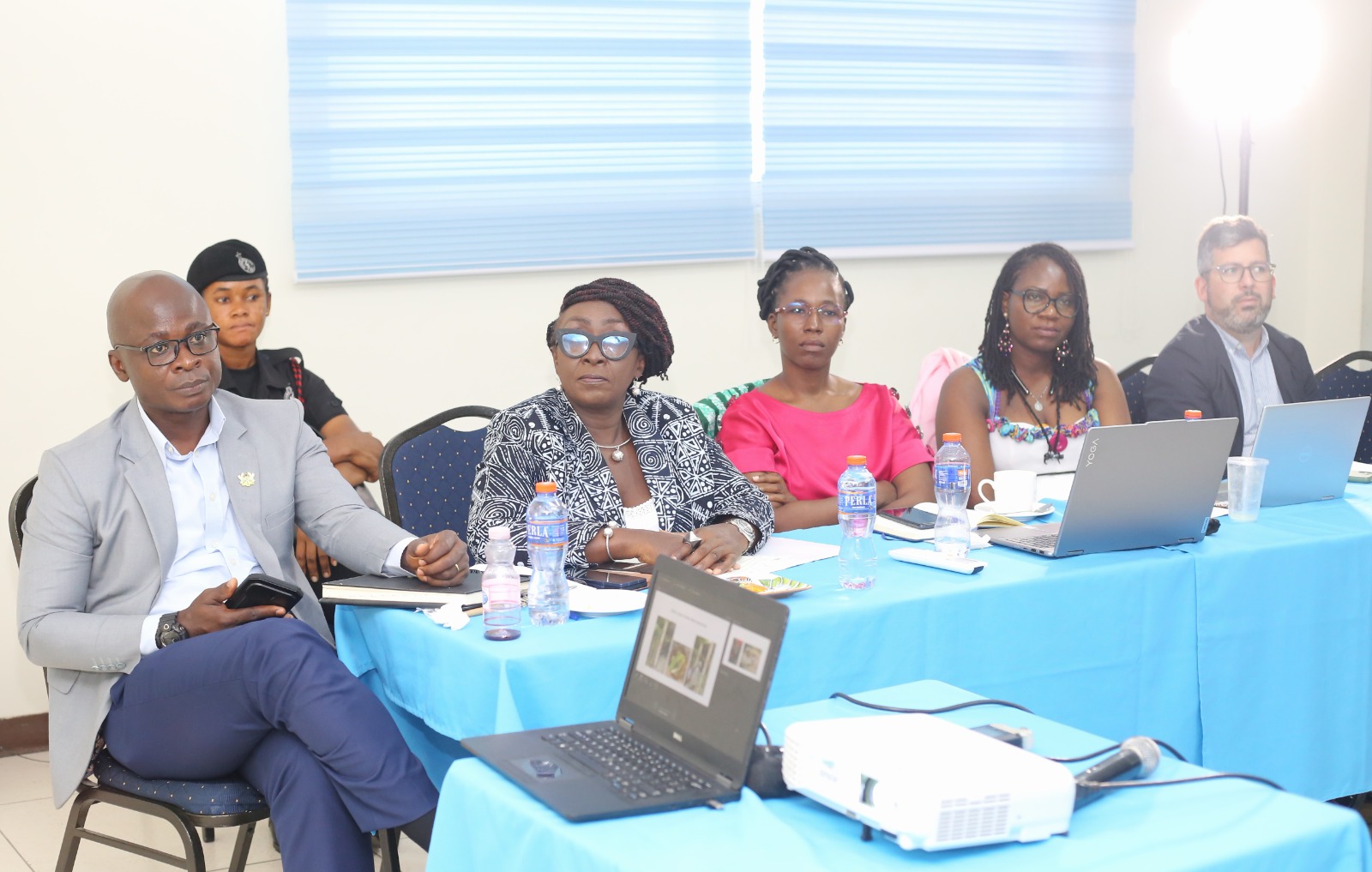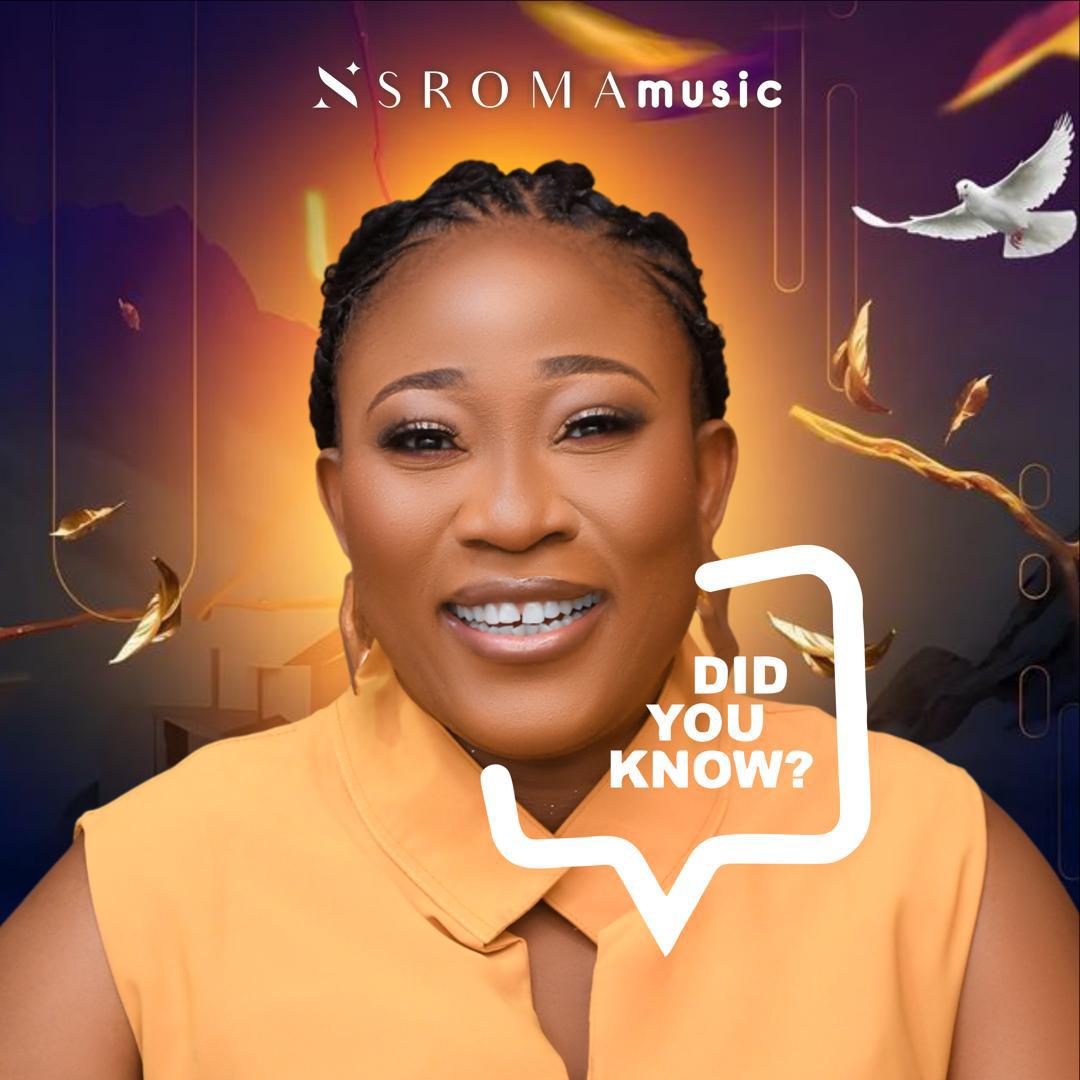A groundbreaking series of workshops under the Legba-Dzoka Project has brought together scholars, cultural leaders, and policymakers in Ghana and Togo to examine the provenance and spiritual significance of sacred Ewe artifacts collected during the colonial era.
The workshops, held in Ho, Accra, and Lomé between August 29 and September 4, centered on the Spiess Collection, artefacts gathered by German missionary Carl Spiess from present-day Ghana and Togo, now housed in the Übersee-Museum in Bremen.

The project seeks to recontextualize these sacred objects through African perspectives, while addressing colonial legacies and reclaiming indigenous narratives.
Led by a transnational team of African and European researchers, discussions explored material, historical, and spiritual dimensions of traditions such as Dzoha, Tra Vodu, and Legba Akpana.
Early findings from fieldwork in Ghana’s Volta Region revealed the enduring symbolism of these sacred practices.
Ghana’s Minister of Tourism, Culture and Creative Arts, Hon. Abla Dzifa Gomashie, who attended the Accra session, praised the initiative as timely and crucial.

“This project helps clear misconceptions and validates the lived spiritual and cultural realities of our people,” she said.
While challenging societal double standards that revere imported religious symbols but ridicule African traditions.
The workshops also highlighted the cultural disconnection caused by colonial education and foreign religions, while calling for a more tolerant society that respects all belief systems equally.

The Legba-Dzoka Project, spearheaded by Professor Kodzo Gavua of the University of Ghana, advocates for collaborative research, ethical museum practices, and shared stewardship of heritage collections.
Beyond academic inquiry, the initiative is seen as an urgent cultural intervention, restoring dignity, context, and meaning to Africa’s displaced treasures.
Source: Myxyzonline.com





